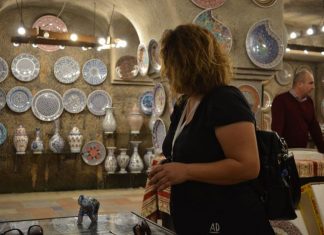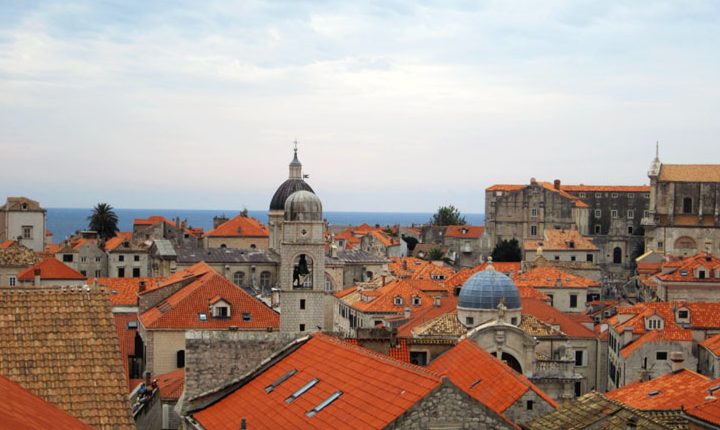A Talented but Unstable Young Man
Cyril Vaciloff was known to be a bright student, a strong public speaker, and a person with literary skills. However, he was also restless,...
Suspicious Role of Cyril Vaciloff
Several facts make it clear that Cyril Vaciloff either intended or expected to be the main person involved in negotiating Miss Stone’s release. However,...
Shock and Fear Spread Across Bulgaria and the U.S.
While Miss Ellen M. Stone and Mrs. Tsilka were held captive, news of their kidnapping caused great alarm in Sofia, the capital of Bulgaria,...
The Moat of Constantinople
The moat of Constantinople was one of the most important parts of the city's defense system. In Greek, it was called the Taphros. It...
Smaller Towers on the Outer Wall
The towers along the Outer Wall of Constantinople were much smaller than the towers found on the Inner Wall. These outer towers stood about...
Inside the Towers
Living and Defense Space
The lower part of each tower in Constantinople’s city walls did not play a major role in direct combat. Instead, it...
Learning to Read and Write
It’s quite amusing to see Turkish men, some of them big and strong, struggling to learn how to read and write. In classrooms, there...
Hilmi Pashas Challenges in Macedonia
Hilmi Pasha has been the Viceroy of Macedonia for three years. He understands better than anyone how difficult it has been to achieve lasting...
Hilmi Pasha A Key Figure in Macedonia
Hilmi Pasha is the Inspector-General of Macedonia and one of the most impressive men in the region. He works to keep the peace between...
Daily Lawlessness and Impunity
In discussions with local authorities regarding the rampant lawlessness occurring within their jurisdiction, the responses are deeply concerning. Often, officials will either deny that...















